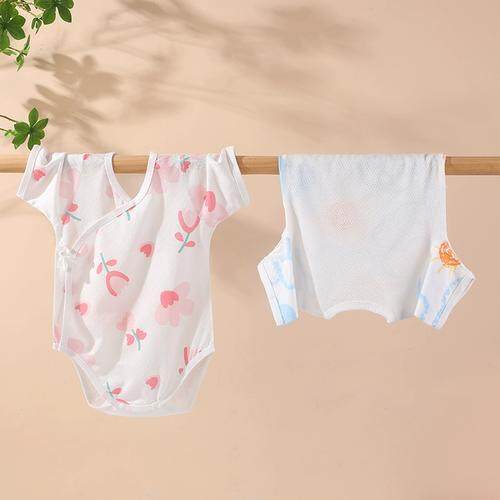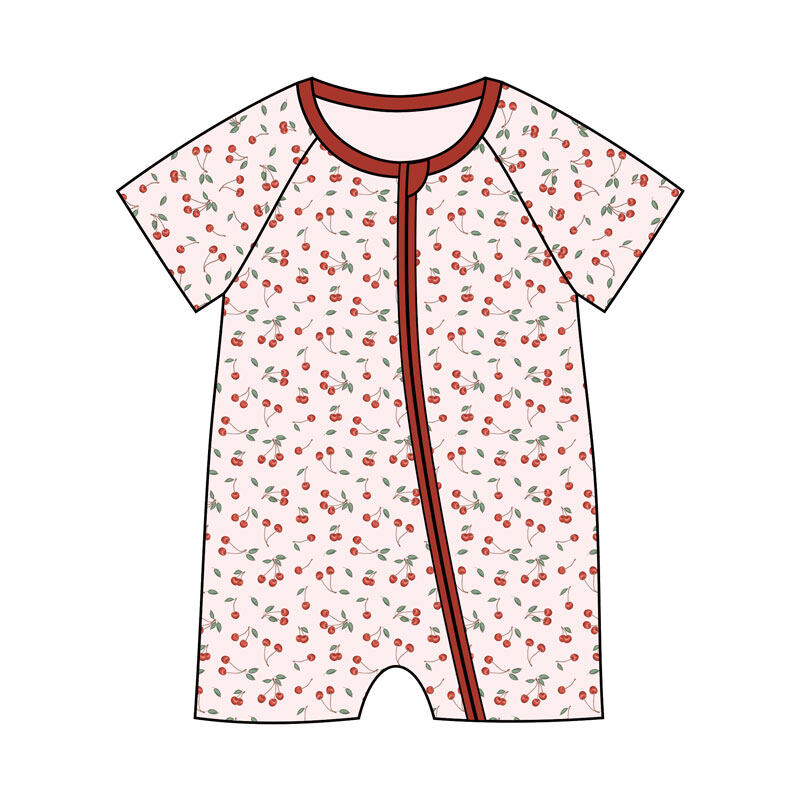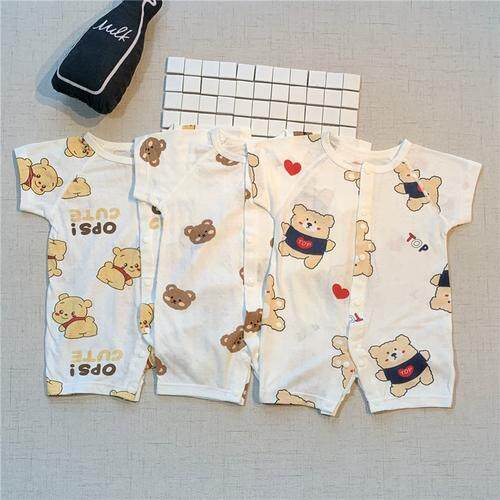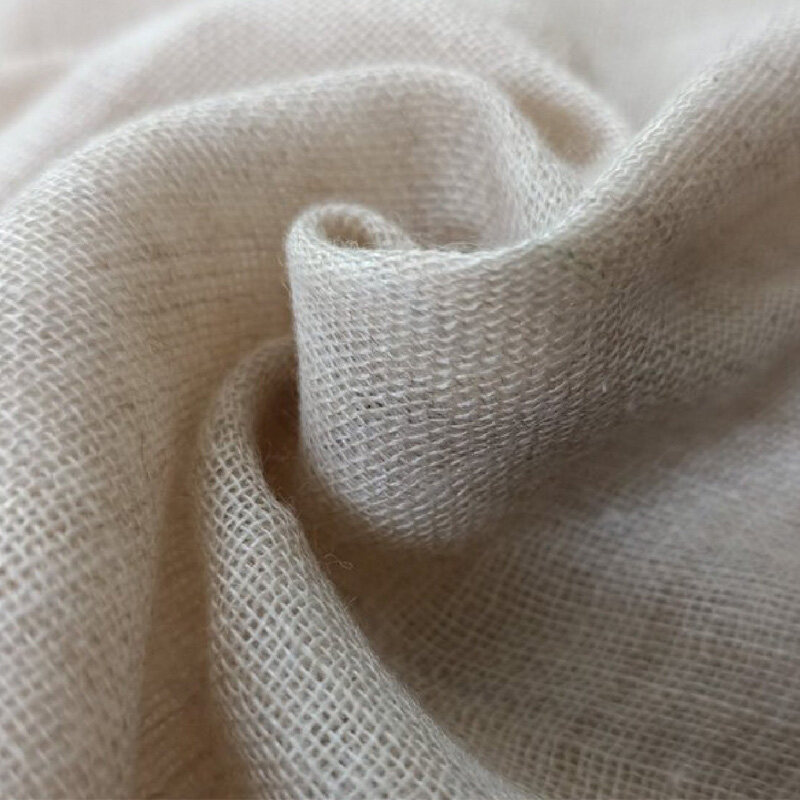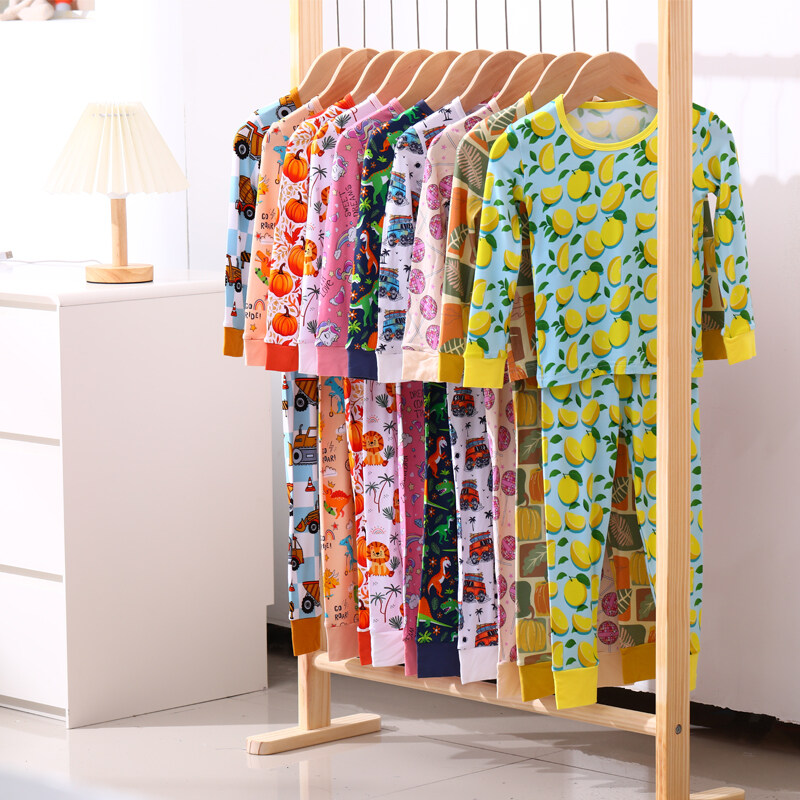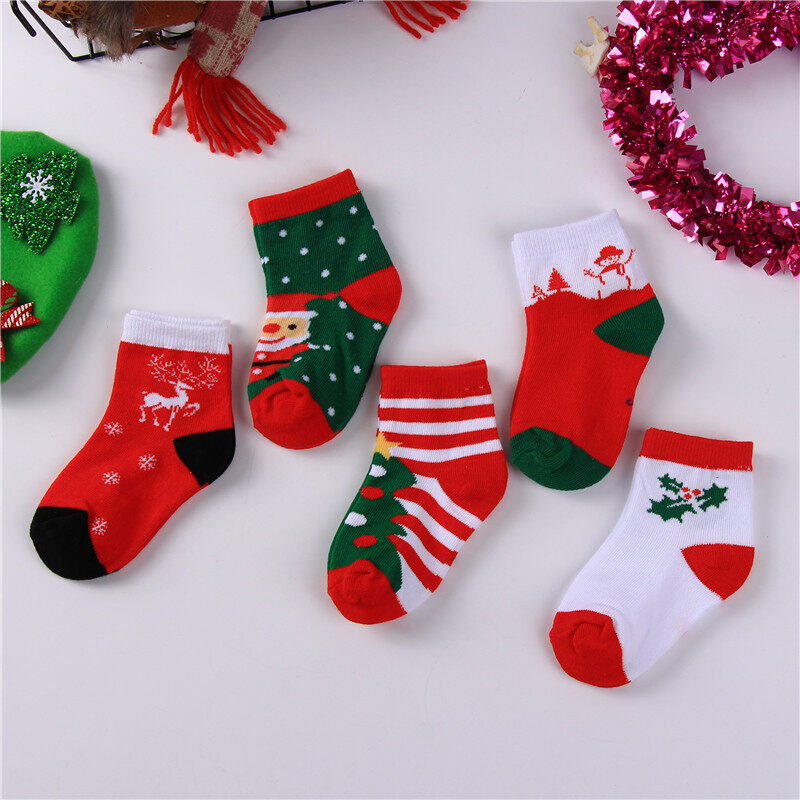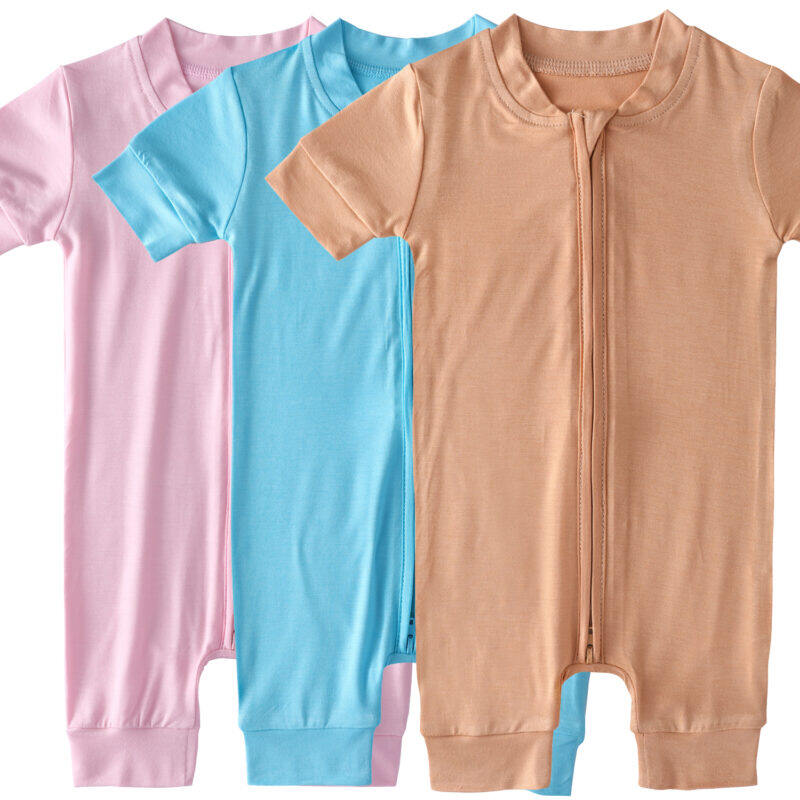Is Bamboo Warmer Than Cotton? A Practical Guide for Parents Choosing Baby Clothing
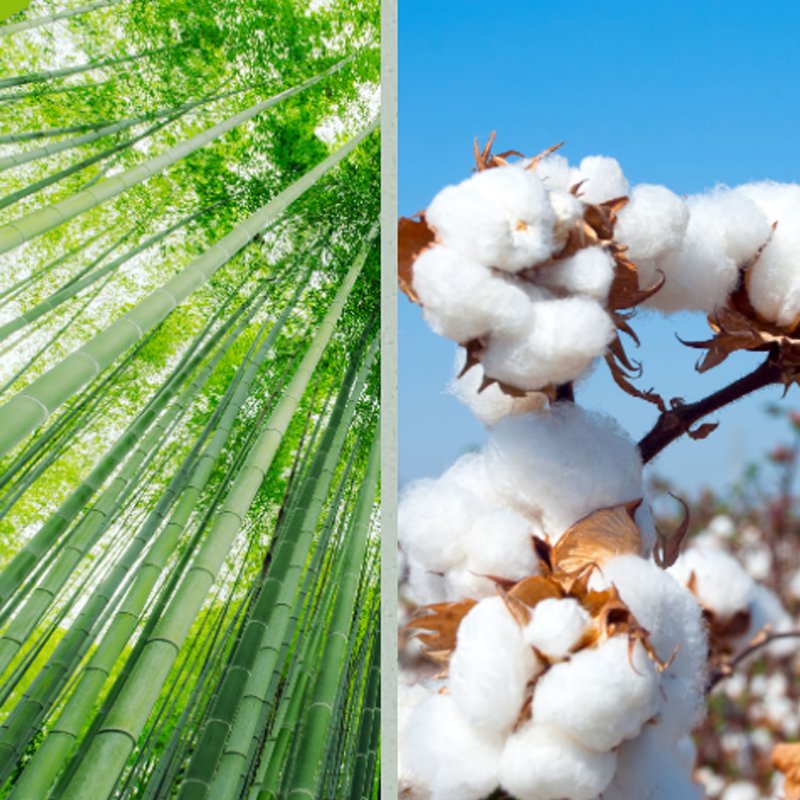
When choosing baby clothes, especially for cooler seasons, parents often ask: Is bamboo warmer than cotton? The short answer is—it depends on how you define “warm,” but bamboo fabric offers superior temperature regulation, making it ideal for both cool and warm climates.
Let’s break it down.
Bamboo vs. Cotton: Key Differences
Both bamboo and cotton are natural fabrics that are widely used in babywear due to their softness and breathability. However, bamboo offers several unique advantages that set it apart—especially when it comes to keeping your baby comfortable year-round.
1. Thermal Regulation
Bamboo is not necessarily warmer in the way that wool or fleece is, but it regulates temperature better than cotton. Bamboo fabric adapts to your baby’s body and the environment, keeping them warm in cooler weather and cool in warmer conditions. This is because bamboo fibers are filled with micro-gaps that trap air and provide insulation while still allowing breathability.
For example:
- On a chilly night, bamboo sleepwear helps retain gentle warmth.
- On a warmer day, it wicks away moisture and prevents overheating.
In contrast, cotton absorbs moisture and stays damp, which can make babies feel colder in humid or cooler conditions.
2. Moisture-Wicking Ability
Bamboo is highly absorbent—up to 3x more than cotton—and dries quickly. This moisture-wicking quality keeps your baby dry and warm even if they sweat or experience minor leaks at night. Cotton tends to hold onto moisture, which can lead to discomfort and chills.
3. Breathability and Comfort
Bamboo fabric is naturally breathable and silky-smooth, making it gentle on delicate baby skin. Cotton is breathable too, but it can feel rougher after multiple washes and doesn’t adapt to body temperature as efficiently.
4. Hypoallergenic and Antibacterial Properties
Bamboo is naturally hypoallergenic and antibacterial, reducing the risk of skin irritations and odors. This makes bamboo clothing especially suitable for babies with sensitive skin, eczema, or allergies.
So, Is Bamboo Warmer Than Cotton?
Technically, bamboo isn’t “warmer” in a thermal sense like heavy wool.
But practically, it’s smarter—it adjusts to temperature, retains warmth when needed, and breathes when it gets too warm. That makes it a better all-season choice, especially for babies who need stable comfort without overheating.
Why We Recommend Bamboo for Babies
As a bamboo babywear brand, we choose bamboo fabric not just because it’s ultra-soft, but because it helps parents worry less about how their baby feels during naps, nighttime sleep, or playtime. Whether you’re dressing your newborn for winter or choosing breathable layers for spring, bamboo offers the best of both worlds: lightweight warmth and cooling comfort.
Plus, it’s sustainable, gentle on the earth, and designed to keep your baby cozy and happy—naturally.
Final Tip for Parents:
When shopping for bamboo babywear, look for high-quality fabric weights (like 220gsm or more for cooler months) and layered designs for extra warmth if needed. You can also pair bamboo onesies with sleep sacks or bamboo blankets to create a snuggly sleep environment.












